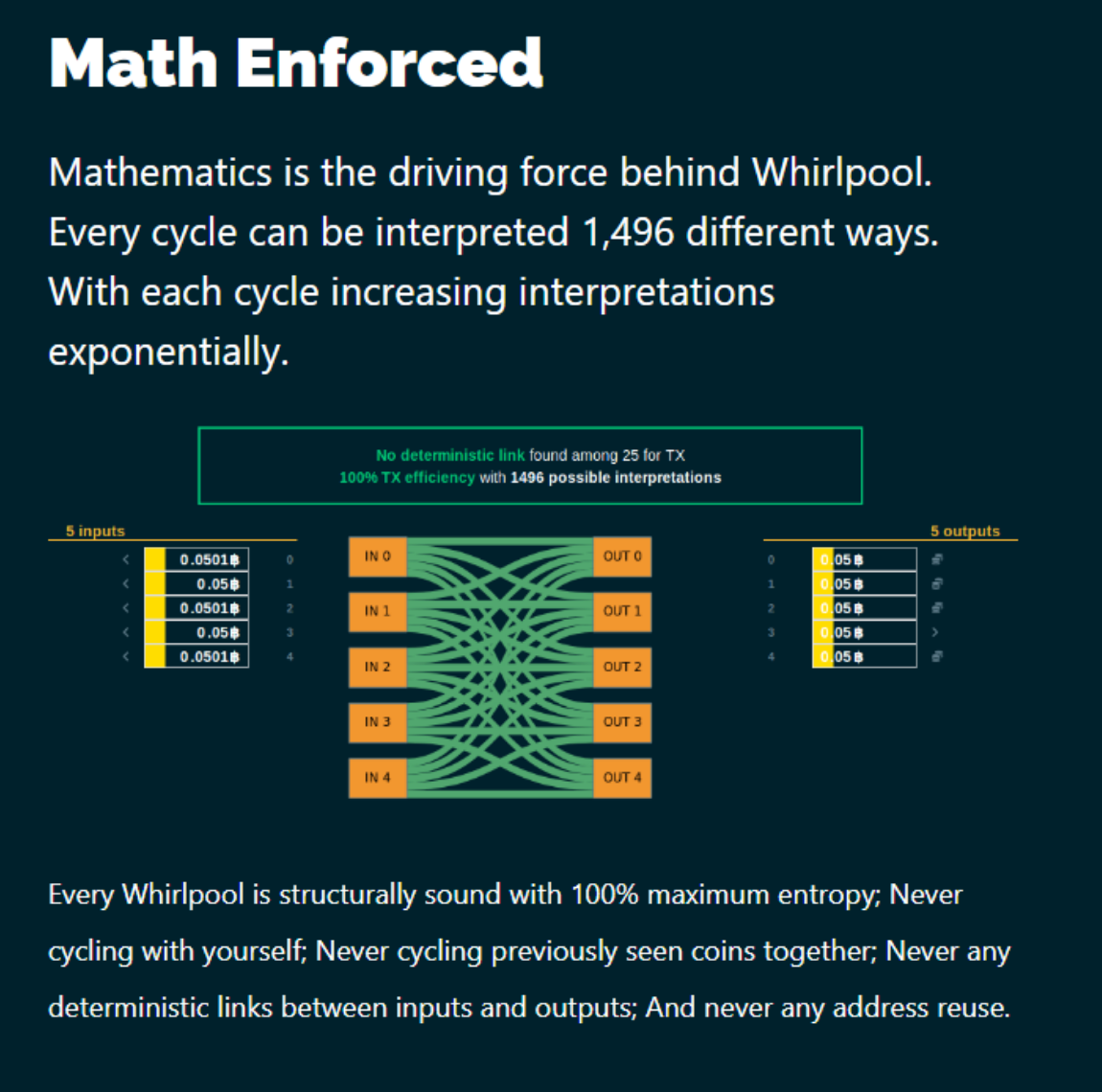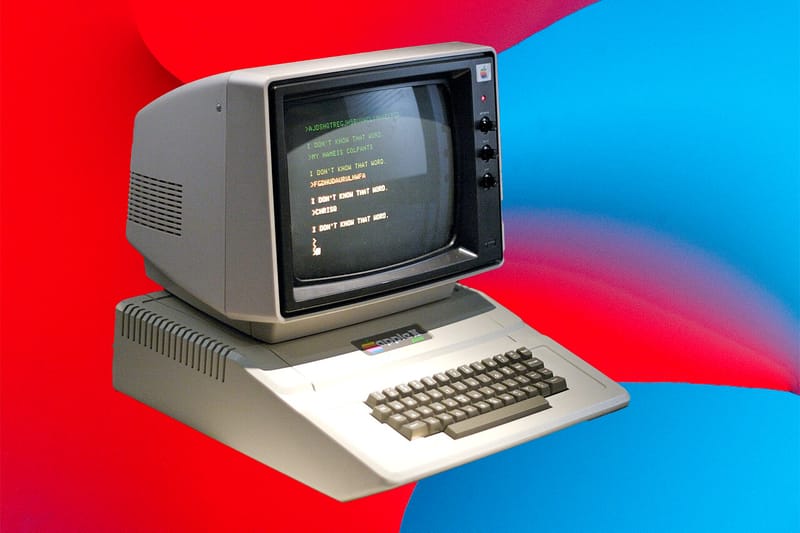US Government Seeks Maximum Sentence For Keonne Rodriguez And William Hill
"I co-founded a software company to develop tools that could provide the anonymity necessary to make Bitcoin work as intended," Hill tells the court.
This article was updated on Nov 6th 11.30am ET to clarify that the developers were never charged with sanctions evasion.
The US Government is seeking the maximum sentence of five years for Samourai Wallet developers Keonne Rodriguez and William Hill, who plead guilty to conspiracy to operate an unlicensed money transmitter earlier this year.
According to the Government, Hill and Rodriguez "solicited criminals" to launder money through Samourai Wallet not as a byproduct but as a feature, claiming that the developers intended for the privacy service to be used to launder proceeds of crime from the outset. The defendants are asking the court to be sentenced to time served.
Two weeks ago, President Trump pardoned Binance founder Changpeng "CZ" Zhao following several apparent deals between the centralized exchange and the President's World Liberty Financial, in whose case prosecutors similarly argued that the founder willfully failed to implement an anti-money laundering program to profit from criminal proceeds. CZ initially received a sentence of 4 months in federal prison.

Math is Illegal, Privacy is a Crime
According to the prosecution's sencenting memorandum, the developers laundered "at least $237 million in proceeds from drug trafficking, darknet marketplaces, cyber-intrusions, frauds, murder-for-hire schemes, and a child pornography website [...] using Samourai." Notably, the allegation that proceeds from murder-for-hire schemes and child pornography sites had flowed through Samourai Wallet had not previously been mentioned.
"The defendants’ crimes are not predicated on a regulatory lapse, but on the defendants’ unambiguous desire, intent, and actions taken to help criminals engage in money laundering and sanctions evasion through Samourai," the sentencing memo further reads. Notably, the developers were never charged with conspiracy to commit sanctions evasion, which too would carry a maximum sentence of 20 years.
The notion that designing Samourai Wallet as a privacy wallet implies some sort of endorsement of criminal activity is highlighted throughout the memorandum. As the prosecution writes, "Samourai’s website bragged that it was virtually impossible to link inputs and outputs in even a single Whirlpool transaction," and the privacy feature Ricochet was designed to create "unnecessary intermediate transactions" that served as "a layering technique for Samourai users to make it even more difficult to determine that a particular batch of cryptocurrency had actually originated from criminal activity."

Again, the prosecution states that "the Samourai Website bragged that its Ricochet feature could assist customers in further obfuscating the link between customers’ deposits and withdrawals, describing the Ricochet feature as a 'premium tool that adds extra hops of history to your transaction' and which would allow customers to '[s]tump the blacklists and help guard against unjust 3rd party account closures.'"
The closure of exchange accounts when utilizing privacy tools is a known problem among law-abiding Bitcoin users.
But the prosecution claims that "'blacklists' are lists of cryptocurrency addresses known to be associated with sanctioned entities and known criminal activity frequently used by cryptocurrency exchanges to block particular
transactions from occurring. For example, the United States Treasury Department’s Office of Foreign Assets Control maintains lists of cryptocurrency addresses known to be linked to criminal activities or other threats to the national security, foreign policy, or economy of the United States."

Dropping the Charges, Continuing Prosecution
Notably, the prosecution's sentencing memorandum appears to make next to no references to the developer's conspiracy to operate an unlicensed money transmitter.
Despite dropping of charge of conspiracy to commit money laundering, the prosecution's sentencing memorandum instead relies overwhelmingly on the allegation that the developers built Samourai Wallet to profit from money laundering and sanctions evasion, at points making the argument that "Rodriguez and Hill were marketing Samourai to criminal darknet users, and not mainstream cryptocurrency users."
At another point, the memorandum quotes a Twitter exchange between Rodriguez and a Samourai Wallet user citing Samourai's focus on censorship resistance, highlighting that "Rodriguez referred to Bitcoin as 'black market money.'"
As the Government states, "Rodriguez and Hill were not merely passive observers—they wanted and intended for criminals to use Samourai to launder crime proceeds, and advertised Samourai accordingly," going on to cite pages of private messages and forum posts in which the developers referred to Samourai as akin to a laundry service. Hill has since conceeded to "regret our approach to marketing the service."
The memorandum further highlights that Rodriguez and Hill were critical of anti-money laundering laws, citing a post referring to currency transaction reports exceeding $10,000, to which Rodriguez responded with "Congress invented a new crime called ‘structuring’ to go along with the newly invented crime of ‘money laundering.’ Sickos.”
The excessive surveillance of US American's financial transactions is currently subject in Congress, with Bills in place to reform said Bank Secrecy Act reporting requirements. In September, the Chairman of the GOP Financial Services Committee himself stated that "the BSA has morphed into a bloated surveillance machine demanding endless reports from banks, businesses and individuals, without delivering proportionate results."

Practicing What You Preach: Samourai Could Demix Transactions
The memorandum alleges that "it appears that Hill’s animating concern was not fidelity to anonymity, but hostility to forensic companies--like Chainalysis--known to assist law enforcement."
But the developers "did not always practice what they preached," the prosecution states. According to the memorandum, "as confirmed by law enforcement’s seizure and analysis of Samourai’s servers, despite claiming that Samourai was a 'privacy' service, Rodriguez and Hill retained sufficient information to trace or 'demix' its mobile users’ Whirlpool transactions."
The prosecution herein refers to a main point of criticism of Samourai Wallet's design by competitors and privacy advocates, in which users who did not run their own node provided their extended public key (XPub) to Samourai Wallet's coordinator, allowing the developers to cross-reference transactions.
But the memorandum incorrectly assumes that there was "no technical or operational necessity to do so." As Hill clarifies, "the need to collect this 'XPUB' data was driven the functional necessity of calculating balances" while operating a light wallet, highlighting that only around 20% of users were affected by this design decision.
A Cypherpunk Defense
Hill and Rodriguez' own sentencing letters yet paint a broadly different picture than the one attempted to be portrayed by the prosecution, asking the court to instead sentence the developers to time served.
"I believe deeply in the idea of liberty and freedom from government overreach, and rationalized my actions as promoting these ideas," Hill writes to judge Cote overseeing the case.
"I co-founded a software company to develop tools that could provide the anonymity necessary to make Bitcoin work as intended. I made it clear that I was stepping back from the general direction taken by the larger space at the time: Bitcoin as a short-term investment vehicle; get-rich-quick schemes; and various other financial-scam behaviors. I focused on Bitcoin as digital cash and all that encompassed with regards to personal independence."
Hill states that he prioritized work on Bitcoin privacy and fungibility because he felt that "the advantages provided by Bitcoin as true digital cash, in terms of personal financial privacy, protection from political persecution, protection from physical attack, all outweighed the negative effects from Bitcoin being used for illegal and nefarious activity."
Hill also notes that he was "convinced that our work was legal. I studied the FinCEN guidance and commentary around it and designed our app’s functionality to avoid our being considered a money transmitting business. I understood that this meant the company was legal, and while I knew that there was a risk the law could change and the company would become illegal, I did not think we were breaking the law because we never took custody of any funds. My understanding was further cemented when retained counsel provided the same advice in 2020."
In Hill's defense, Professor at the New York University (NYU) Stern School of Business David L. Yermack writes that Samourai Wallet falls in "direct line of succession from an intellectual tradition that included writers such as George Orwell and economists such as Milton Friedman and Friedrich Hayek," adding that "the Cypherpunks saw the personal use of cryptography as an opportunity to overcome the potential threats of a data-driven surveillance state and preserve privacy and freedom. Developing a decentralized currency secured by personal cryptography became a central goal of this idealistic movement."
Yermack additionally cites a recent speech by SEC Commissioner Hester Pierce, in which highlights the US Government's attempted criminalization of financial privacy.
Rodriguez similarly argues that the development of Samourai Wallet served the developer's goal of alleviating the privacy concerns inherent to Bitcoin's infrastructure, highlighting that he, too, believed that he was "was working within legal boundaries. We had legal counsel who told us our operations were compliant."
A former MtGox user details how Rodriguez personally assisted him in tracing his stolen funds after his KYC credentials had been stolen, who states to "be forever grateful to Mr Rodriguez for not just helping recover some of what was stolen from us, but also for giving us the will to fight on and not let this unfortunate situation define and ruin our lives." Rodriguez' defense additionally highlights his work on OXT, a publicly available blockchain tracing solution to help victims of crimes trace stolen funds.
Rodriguez' letter is not yet publicly available and will be linked as soon as the PACER database is updated.
Sentencing is scheduled for November 6th and November 7th in the Southern District of New York.
Independent journalism does not finance itself. If you enjoyed this article, please consider making a donation. If you would like to note a correction to this article, please email corrections@therage.co










